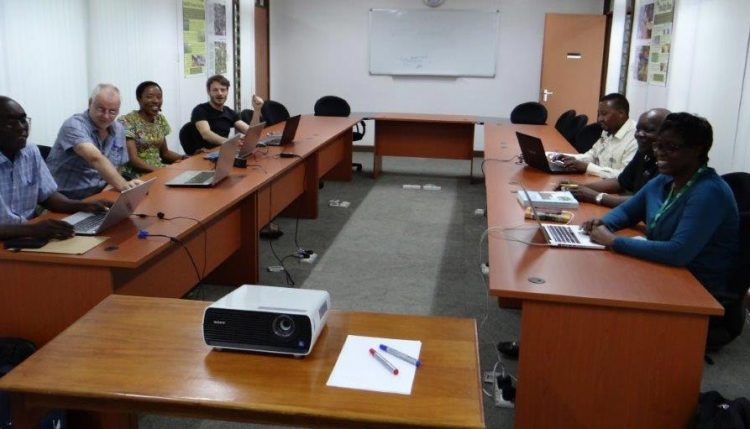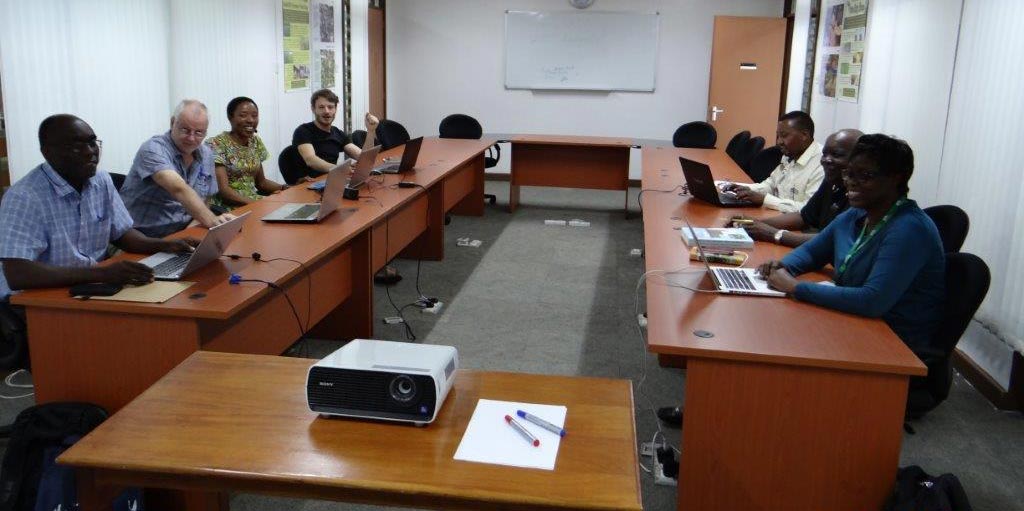
Managers and scientists fashion novel pathway for IITA’s Analytical Service Laboratory
IITA is on course to be the first research Institute that will have a world class Analytical Service Laboratory (ASL) in Africa. This was the crux of the deliberations by managers and scientists of the IITA ASL when they met in Nairobi on 13-15 February.
During the meeting, the experts designed some strategic pathways for achieving this vision and also agreed to immediately set up a quality management system (QMS) for all IITA ASLs.
Specifically, they resolved that certain systems, standards, and procedures must be in place for best service quality in terms of accuracy, reliability, and timeliness of reported test results. The team also deliberated and agreed that the best way to achieve first-rate performance in the ASLs across all IITA stations is by making sure that all aspects of laboratory operations are addressed to assure quality.
“We all have roles to play in achieving this big picture. To get the QMS in place as soon as possible, we must work to ensure that the right quality organization, personnel competency, sample collection and transportation, equipment, procurement, management, quality control and management systems, record keeping, analysis, report creation, facilities and safety measures—are all implemented,” said Dries Roobroeck who represented Bernard Vanlauwe, Director for Central Africa Hub and Natural Resource Management (NRM) Leader at IITA.
Another offshoot of the meeting was the harmonization of the standard operating procedures (SoPs) across IITA ASLs. Some of the laboratories were asked to align their protocols with standard IITA operations.
The meeting participants agreed to follow the new guidelines necessary to attain the desired level of QMS and also finalize all ASL validation and revalidation of reference samples, and quality control processes which will be linked to the international schemes.
The IITA team also visited the laboratory of the World Agroforestry Center (ICRAF) in Nairobi and discussed areas of collaboration, especially on transferring knowledge to IITA on the use of spectroscopic instruments.
“What remains now going forward is
for the ASL team to show competency and maintain top quality such that scientists at IITA as well as elsewhere on the African continent will patronize the IITA ASL for the analysis of their samples,” said Joseph Uponi, IITA ASL Manager.

